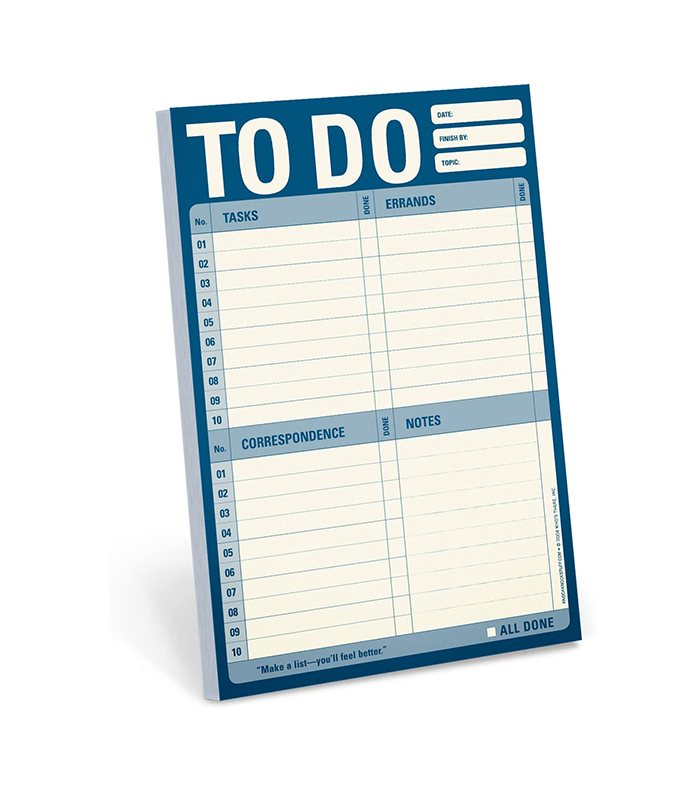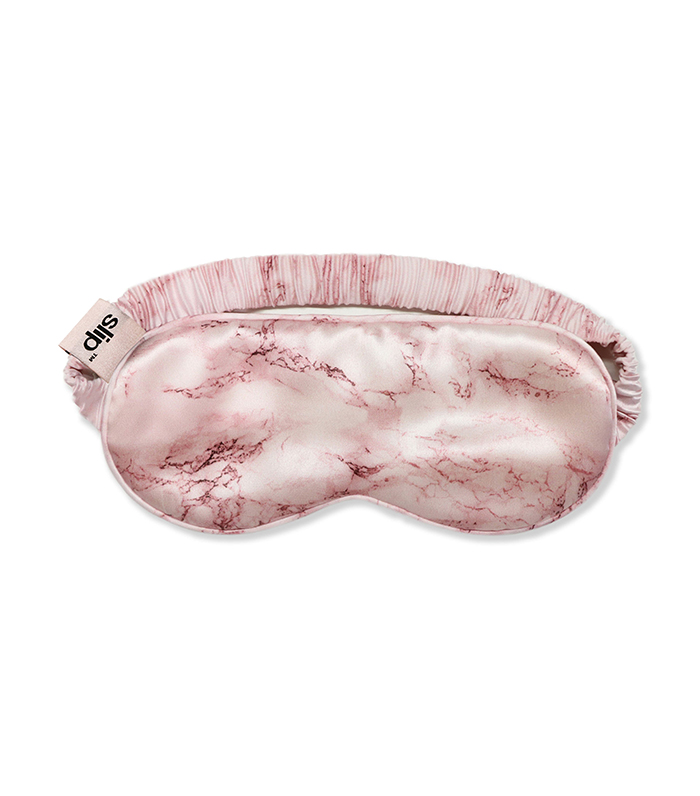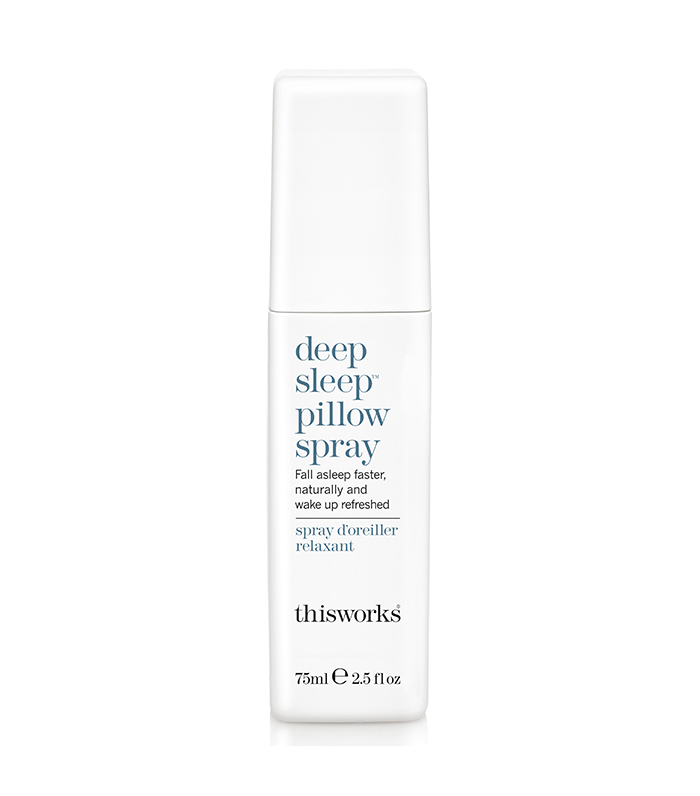The Five-Minute Trick That Keeps You Focused All Day Long
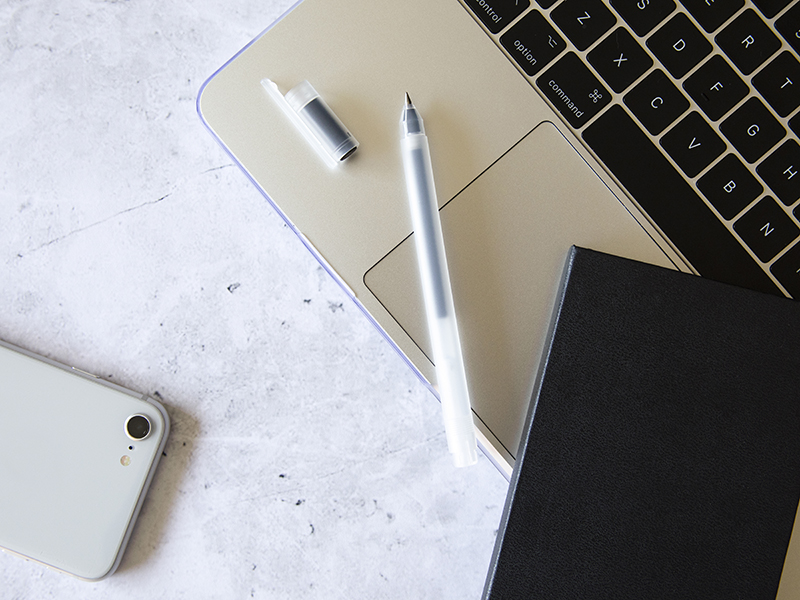
Let me paint a scenario that might be familiar to you: You have a million and one things on your to-do list, deadlines looming over you, stacks of paperwork, etc. You're busy! But try as you might to tackle your action items, you just can't seem to get anything done. And it's not because you're having a hard time solving the problems or need extra resources or don't have enough time in the day. The main cause? That pesky lack of concentration or focus. You know you're capable of getting things done, but for whatever reason, you just can't seem to pay attention to anything, you're getting distracted by your phone or others around you, you keep daydreaming… The list goes on and on.
Not being able to focus or concentrate is a BIG productivity killer. In an ironic twist, as I'm writing this story, I've taken several breaks and looked at my phone for an hour before I was able to write this intro. So right now, I know this feeling all too well.
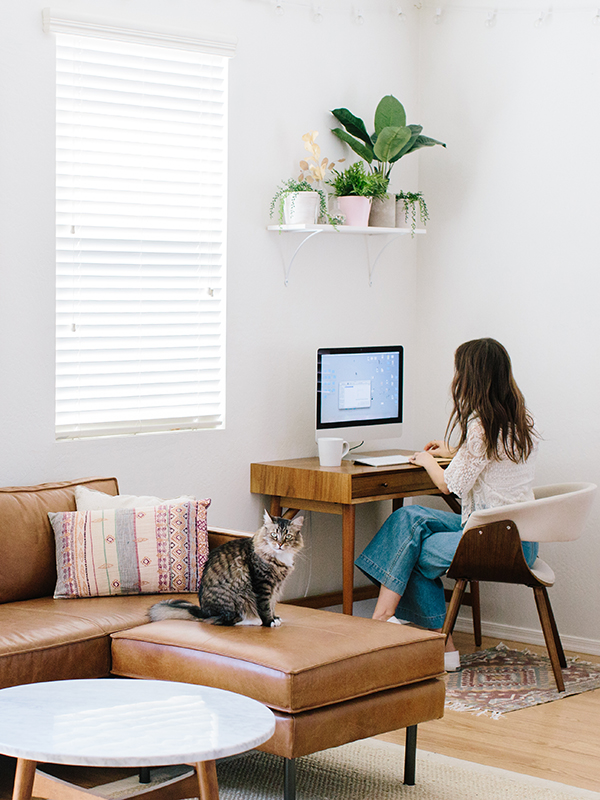
First things first, it's pretty normal to feel this way. And sometimes, it's because you're putting off something you don't want to do or are not really interested in. "Often when we complain that we're having difficulty paying attention to something, it's not necessarily attention in general, but we're having difficulty paying attention to things that we're not intrinsically motivated to attend to," explains Robert Desimone, Ph.D., director of the McGovern Institute of Brain Research at MIT. Judging from the number of things I've put off in my life until the very last minute because I was dreading it or found it a boring chore, this all stacks up.
But there is a silver lining to all of this. If a lack of focus is stopping you from being productive or getting your work done, there are several things you can do to improve your concentration. We've outlined a few tips below:
Meditate
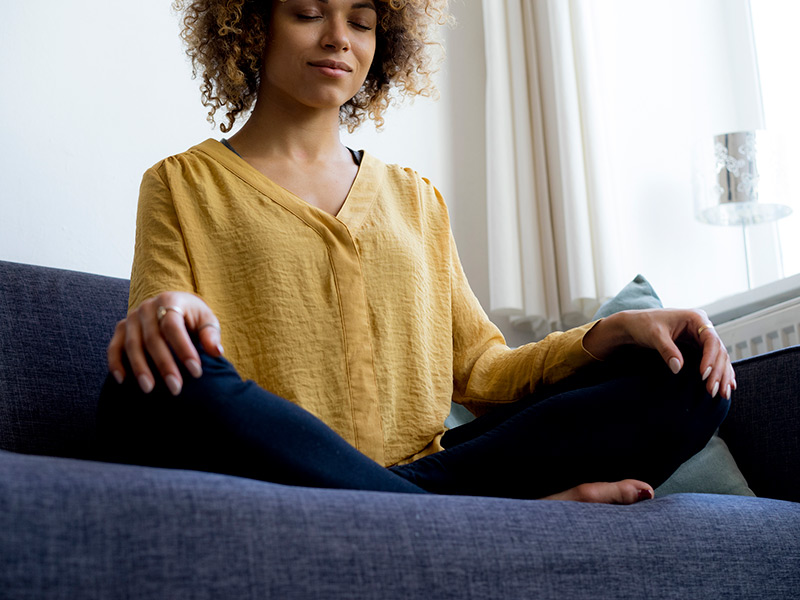
Practicing some meditation can put you in a more focused mindset—and this can be a five-minute exercise to set you up for the rest of the day. "Meditation is like strength training for the brain," explains Sarah Romotsky, director of healthcare partnerships at Headspace. "MRI scans from the general meditation research have shown that a meditation practice can actually increase the thickness of the gray matter of the prefrontal cortex in the brain, the area responsible for focus and critical thinking. In 25 published studies in some of the leading mindfulness peer-reviewed journals, Headspace has been shown to have a positive impact on a variety of outcomes, including focus. In one published study, researchers found that just one session of Headspace increased focus by 22%."
Romotsky recommends attaching meditation to something in your daily routine so it becomes a habit. "If you are looking for meditation to help put you in a focused mindset for work, try meditating right before your morning cup of coffee or breakfast. If you are working from home right now, you could also replace the time you are used to commuting to work in the morning with a quick meditation," she adds.
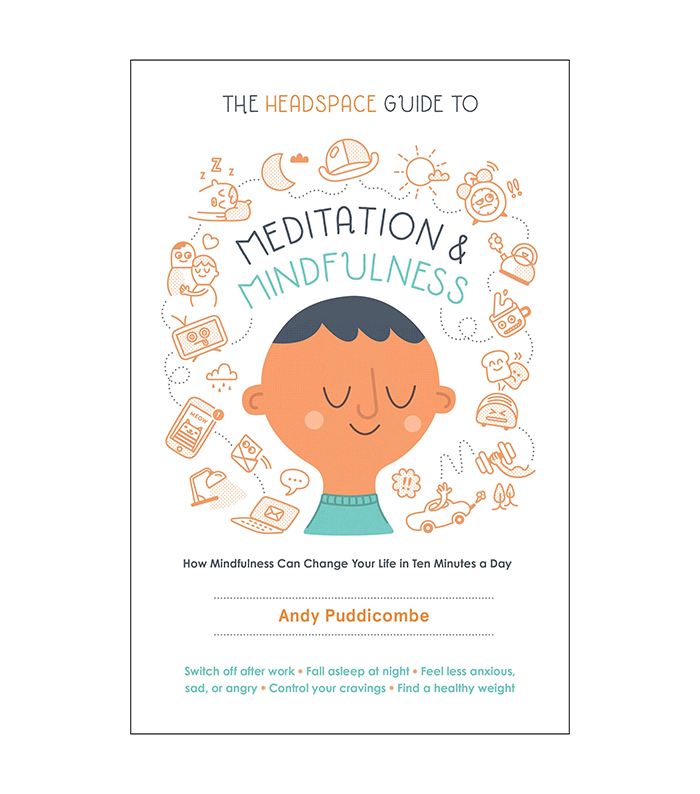
Put the Distractions Away

Getting rid of any distractions is another good place to start. "There's one surefire way of reducing the distractions and being able to focus regardless of what type of person you are," Desimone says. "And that surefire way, I tell people all the time is physically remove the distraction and don't rely on your brain to filter out the distraction. If I'm sitting at my desk and there's something interesting going on outside my window, maybe I want to move to a different spot so I'm not tempted to look at these kids playing across the street. If there's music, turn off the music. There's a TV playing, turn off the TV. This is hard because we don't always have full control over our environment."
Desimone explains that physically removing the distraction is much better than trying to use cognitive control to filter it out because you're using your brain's resources to do so when the energy could be used on the project you're working on.
Exercise

There's a promising link between exercise and concentration. In the 2015 study, researchers found that Dutch children who performed two 20-minute sets of exercise while learning had better test scores than those who didn't.
And there's already evidence out there that moderate exercise can increase performance in working memory and cognitive flexibility—so a workout can do you good in so many ways.
Avoid Multitasking

You might think you can get more done by multitasking (and maybe you can), but it could also screw up your ability to concentrate and pay attention.
"There's actually quite a bit of research showing that when you try to do multiple things at once, you do not do as well on any individual one of them," Desimone says. "So your performance will definitely decrease. You can measure quantitatively people's ability to do certain tasks on a computer while they're trying to do some other thing at the same time. You just can't do it. People convince themselves that they're just as good, but they're not. The more things you tried to do at once, the poorer you'll do at all of them. And it involves exactly the same parts of the brain that we use for paying attention to things. There's a mental cost to switching from one task to another, and actually that requires brain effort of your prefrontal cortex to turn one task off, switch to another task, turn that off at some point, switch back, and so on and so on."
Try Breathing Techniques
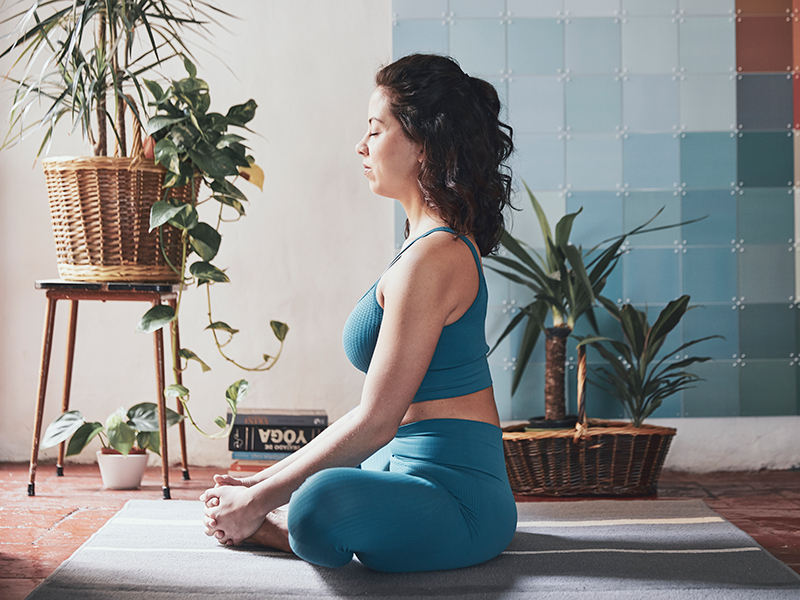
"We spend so much of the day distracted or stuck in our heads," Romotsky says. "By focusing on our breath a few minutes each day, we can begin to cultivate a greater sense of awareness, which will in turn lead to a reduction in mind-wandering and an increase in focus. The simplest breathing technique is to count your breaths. Start by counting one on the inhale, two on the exhale, three on the inhale, and so forth all the way up to 10. Try to focus your attention on each breath and breathe in through your nose and out through your mouth."
Get Enough Sleep

For some people, this might be easier said than done, but a lack of sleep can cause a lack of concentration. According to the Division of Sleep Medicine at Harvard Medical School, a sleep-deprived person cannot focus attention optimally and therefore cannot learn efficiently. And they'll also have trouble retaining new information.
And another study done at UCLA found that sleep deprivation disrupts brain-cell communication, which can affect memory and visual perception.
Drink Caffeine
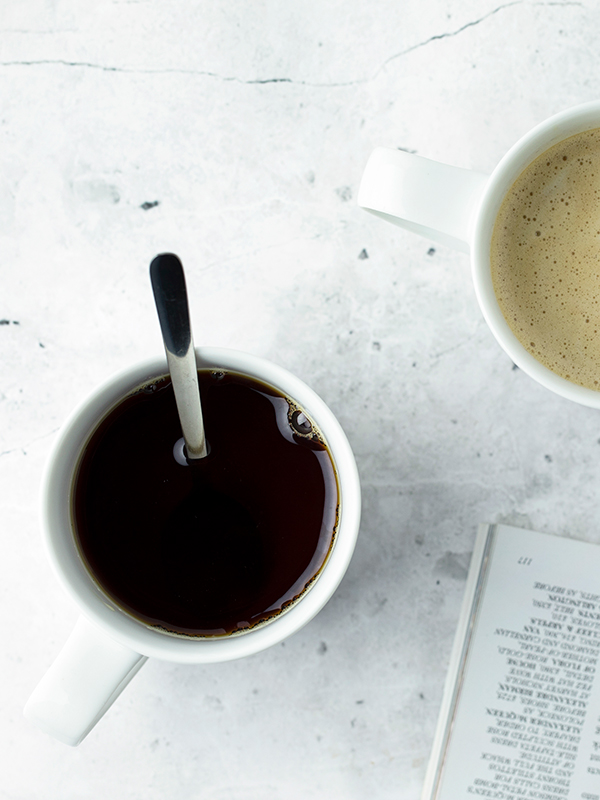
Caffeine, in moderation, can help you focus. "There's a fair amount of evidence that caffeine are generally helpful in people's ability to focus, pay attention, with executive control, and so on," Desimone says.
Keep Eye Contact

Let's be real: We've all had those moments when we're talking to someone—a boss, friend, parent, etc.—and we just can't seem to take in what they're saying because of the other things going on in our minds or an outside distraction. To make sure you pay attention, Harvard Health Publishing suggests looking at the person, asking them to repeat anything you might have missed, and paraphrasing what is said afterward. Maintaining eye contact instead of letting your eyes wander can really help in this scenario.
Take a Break
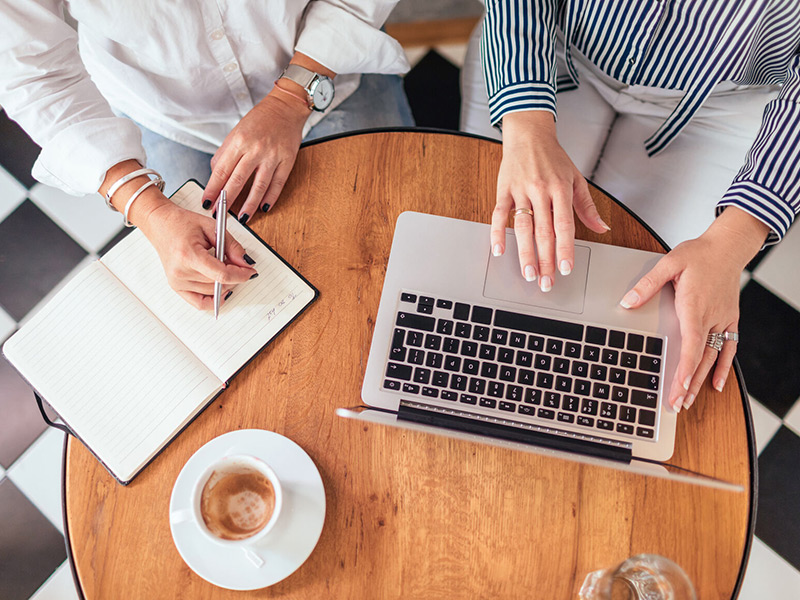
Breaks are okay, as long as they're actually helping you come back focused and not giving you more reason to procrastinate. "Sometimes there is a negative perception of taking breaks or taking time for yourself, as if it could be perceived as a form of slacking off or being lazy," Romotsky says. "However, there is exponential value in investing in your well-being. Taking breaks can contribute to more productivity. When you prioritize your mental health and well-being first and foremost, you can be more efficient and improve your state of mental well-being."
Use All Your Senses
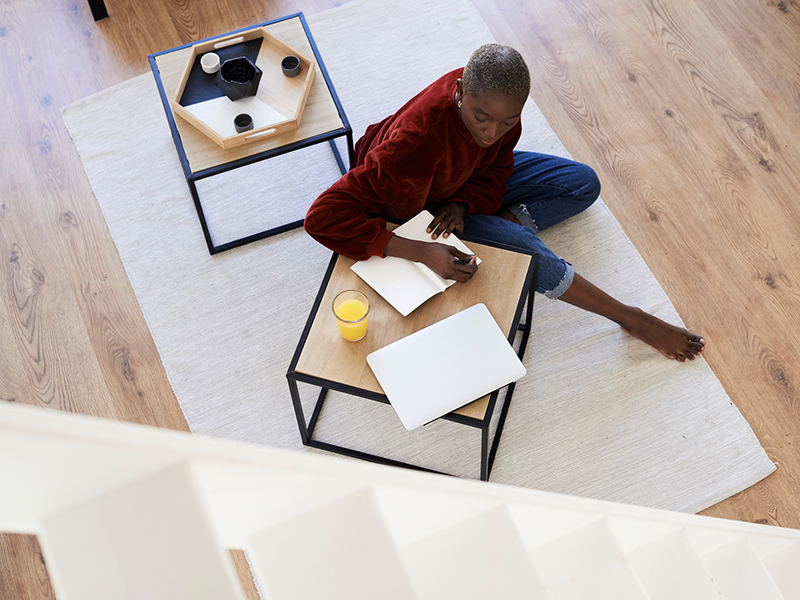
According to the Cleveland Clinic, engaging as many senses as you can (like visualizing or verbalizing) can help you take in new information. It might also help to take notes or create a schedule for yourself to stick to your tasks.
Next up: Use This One Trick for Better Focus and Concentration
Disclaimer
This article is provided for informational purposes only and is not intended to be used in the place of advice of your physician or other medical professionals. You should always consult with your doctor or healthcare provider first with any health-related questions.
Sarah is lifestyle writer and editor with over 10 years of experience covering health and wellness, interior design, food, beauty, and tech. Born and raised in Los Angeles, she attended New York University and lived in New York for 12 years before returning to L.A. in 2019. In addition to her work at Who What Wear, she held editor roles at Apartment Therapy, Real Simple, House Beautiful, Elle Decor, and The Bump (sister site of The Knot). She has a passion for health and wellness, but she especially loves writing about mental health. Her self-care routine consists of five things: a good workout, “me” time on the regular, an intriguing book/podcast/playlist to unwind after a long day, naps, and decorating her home.


